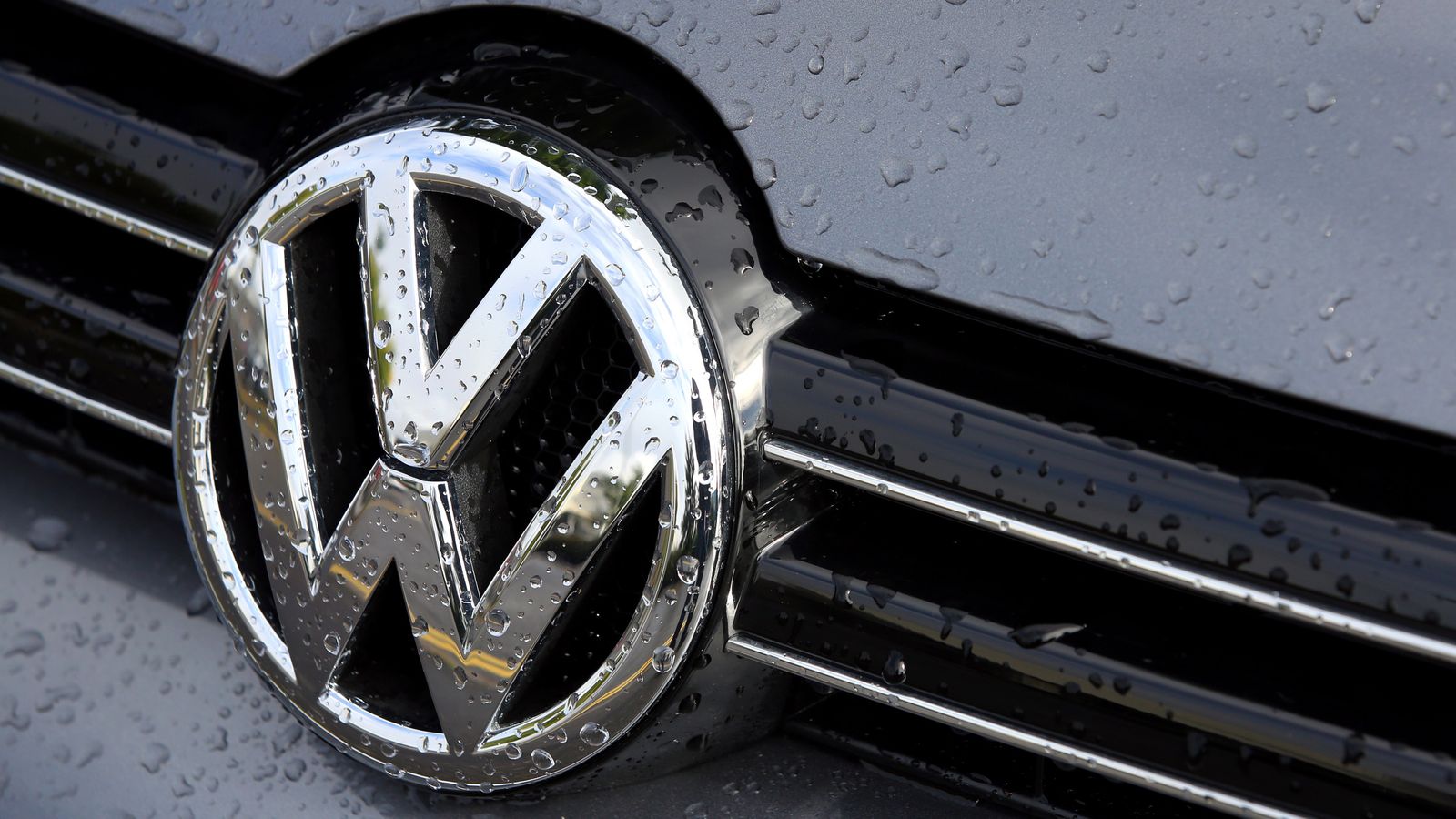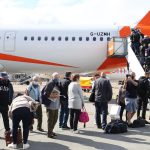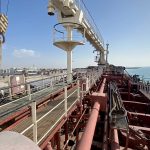Volkswagen, the second largest carmaker in the world, temporarily paused the delivery of cars already in Russia to local dealerships, amid a supply chain crisis worsened by the conflict in Ukraine.
The news was reported by Russia’s RIA news agency on Monday, citing a company statement.
A spokesperson for VW said last week that it would halt production for several days this week at two German factories after a delay in getting parts made in Ukraine.
Separately, Swedish firm Volvo said it had suspended car shipments to the Russian market until further notice as sanctions start to exert pressure on the country’s economy.
The company said it had made the decision because of “potential risks associated with trading material with Russia, including the sanctions imposed by the EU and US.”
“Volvo Cars will not deliver any cars to the Russian market until further notice,” a company spokesperson said.
Automakers are already under strain from supply chain chaos triggered by the pandemic and a shortage of essential parts, including microchips.
Fund manager Abrdn frustrated in effort to sell Rosneft stake
Unleaded petrol tops 150p a litre amid surging oil prices as Russia invades Ukraine
Crushing sanctions placed on Russian central bank – but what happens next?
Foreign companies have started to pull out of the Russian market since crushing sanctions were placed on the country following its invasion of neighbouring Ukraine last week.
Oil titan BP said over the weekend it would offload its 19.75% stake in state-owned Russian oil giant Rosneft “with immediate effect” following the invasion, adding that the move would result in accounting charges of up to $25bn.
Meanwhile, energy group Equinor – which is majority-owned by the Norwegian state – said on Monday it will start the process of divesting from its joint ventures in Russia after the invasion of Ukraine.
Elsewhere, Norway’s $1.3tn sovereign wealth fund, the world’s largest, will divest its Russian assets following the invasion, the Norwegian prime minister said on Sunday.






















